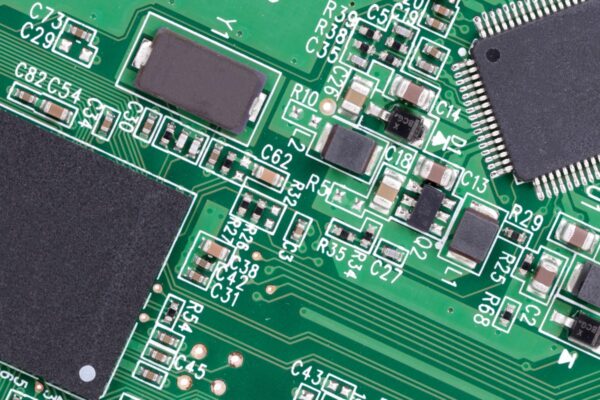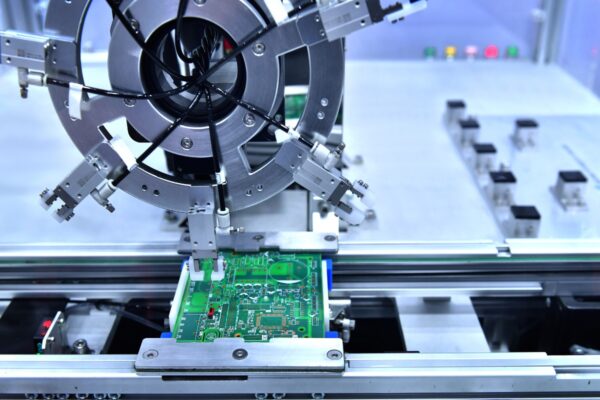What is Compiler
A compiler is a computer program utilized to translate high-level programming languages, such as C, into assembly language or machine code. Its primary purpose is to convert human-readable code into a format that can be executed by a specific hardware platform. The process involves analyzing the source code, checking for errors, and generating optimized machine code.
Compiler correctness is crucial in software engineering, ensuring that a compiler behaves according to its language specification. Techniques employed in achieving compiler correctness include the use of formal methods during the development of the compiler and rigorous testing, often referred to as compiler validation, on existing compilers.
Different types of compilers exist based on their target platform and language. Native or hosted compilers produce output that can directly run on the same computer and operating system as the compiler itself. Cross compilers, on the other hand, generate code intended for execution on a different platform. Compilers for virtual machines produce code targeted for execution on a virtual machine rather than directly on the underlying hardware.
Other types of compilers include source-to-source compilers, which transform code and annotate it with parallel code annotations or language constructs. Bytecode compilers compile source code into the assembly language of a theoretical machine, while Just-in-Time (JIT) compilers defer compilation until runtime for increased performance. Hardware compilers, also known as synthesis tools, take a hardware description language as input and produce a description of a hardware configuration.





